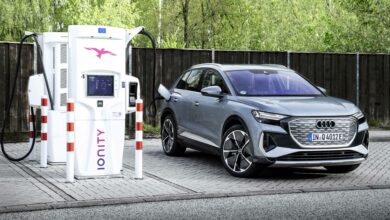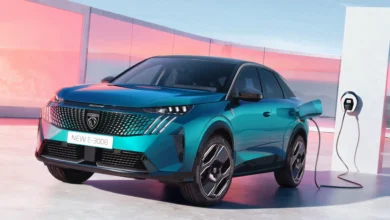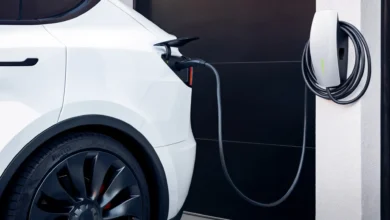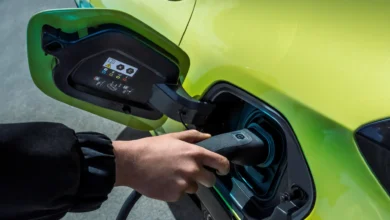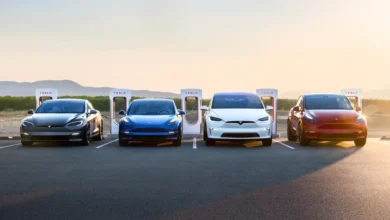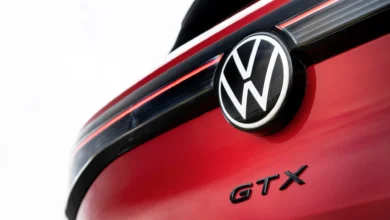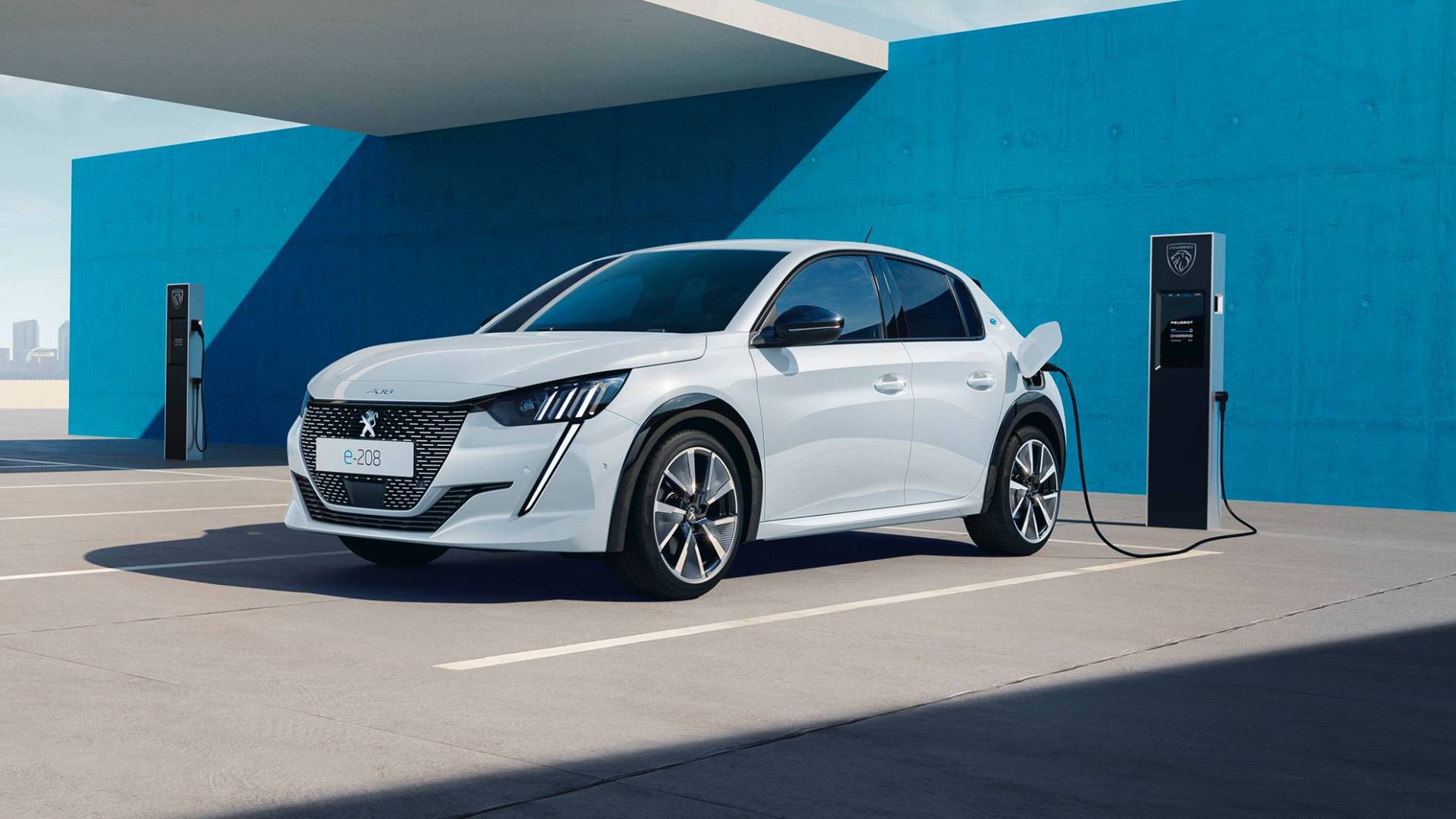
Linda Jackson, executive director of Peugeot, has confirmed that all the models that the French firm will sell in Europe from 2030 will be 100% electric. In addition, already in 2025, all the members of its range will have an alternative of this type, which will allow the company to configure a very complete offer.
Between 2023 and 2025, Peugeot will launch five new electric cars, to which we would have to add the restyling of the e-208 and e-2008, which next year will receive a new drivetrain made up of a 156 hp (115 kW) motor. ) developed by Emotors (the joint venture of the Stellantis group and the specialist Nidec) and more capable batteries (51 kWh in the e-208 and 54 kWh in the e-2008).
The first two all-new models to arrive will be the e-308 and e-308 SW, scheduled for 2023. Both will use the aforementioned 156 hp engine from Emotors and 54 kWh batteries. As with the e-208 and e-2008, the cells used will be NCM 811 (nickel, cobalt, and manganese in an 8/1/1 ratio) manufactured by the Chinese giant CATL.
In 2024 the e-408 will join the party, which from a technical point of view is probably not too different from the e-308 family, although it could have somewhat more capable batteries. The real revolution will come with the e-3008 (end of 2023) and e-5008 (early 2025), which will represent a giant leap from a technical point of view.
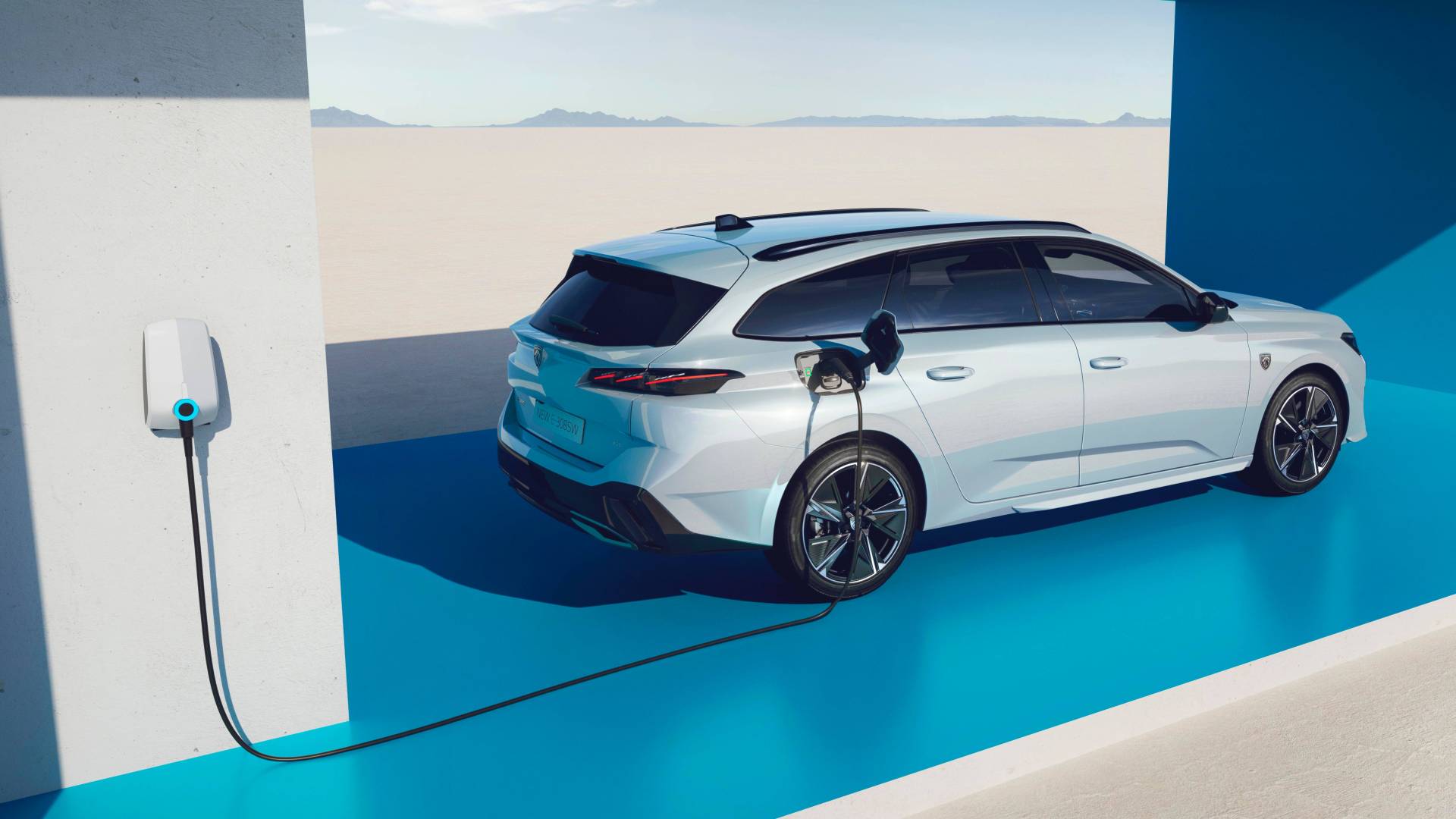
Peugeot will launch 5 new electric cars by 2025
Instead of using the eCMP (e-208, e-2008) or EMP2 (e-308, e-308 SW, e-408) platforms, the new e-3008 and e-5008 will use the brand new, more optimized STLA Medium . to house electrical organs. These models will use a more powerful version of the Emotors M3 engine, reaching 204 hp (150 kW).
In addition, its cells will be produced by ACC (Automotive Cells Company), a consortium formed by Mercedes-Benz, Saft (TotalEnergies), and Stellantis. The STLA Medium platform will be able to house batteries between 87 and 104 kWh of capacity. Taking into account the high efficiency of the Emotors units, the e-3008 and e-5008 will be able to offer up to 700 km WLTP of autonomy.
We can’t forget Peugeot’s range of electric vans (e-Partner/e-Rifter, e-Expert/e-Traveller, e-Boxer), which will also receive Emotors propellers and slightly more capable batteries in the short term. In parallel, Stellantis is working on the development of solid electrolyte batteries with Factorial, which will debut in 2028 with the next e-308 and its compact siblings (Alfa Romeo Giulietta, DS 4, Lancia Delta, Opel Astra…)
